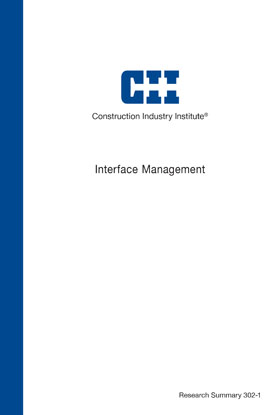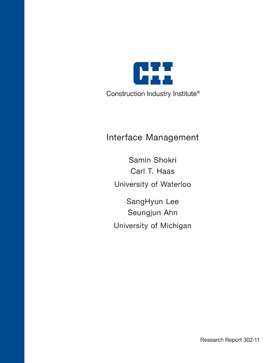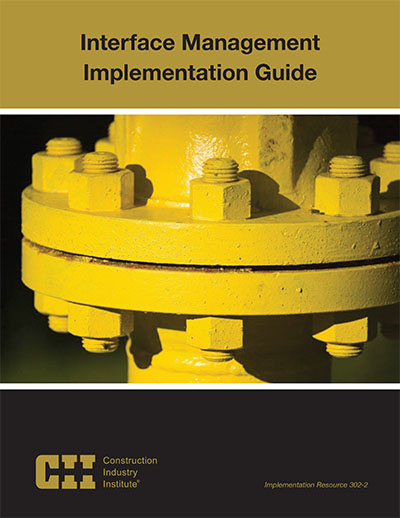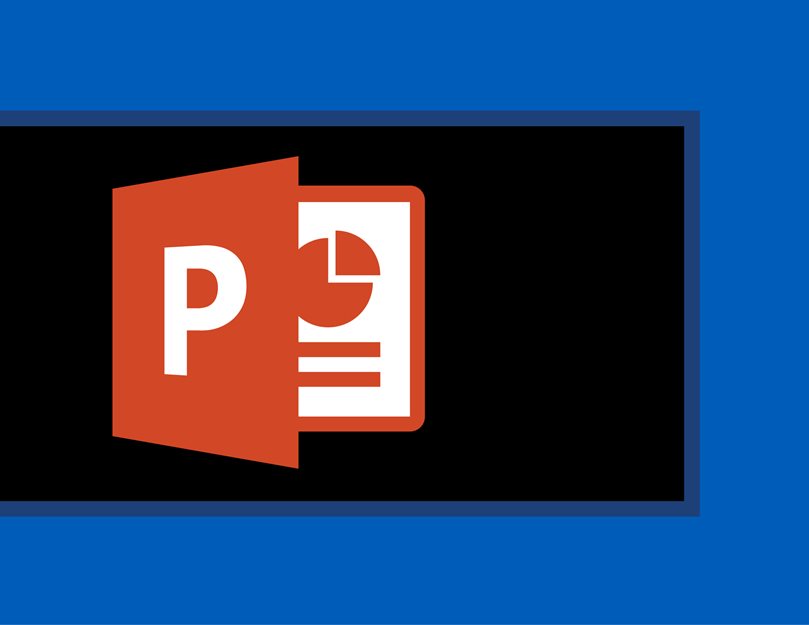
Interface Management
As capital projects have become more complex and increasingly global, project leaders have felt a greater need for interface management (IM). Defined as the appropriate management of communications, relationships, and deliverables among two or more interface stakeholders, effective IM is integral to project success. Yet, because it is an emerging discipline, project teams have, to date, had little guidance on its implementation. As a result, IM implementation has varied widely across the industry, and no common definitions and practices have evolved. To address the need for a coherent industry approach to IM, CII chartered Research Team (RT) 302, Interface Management. The team’s mission was to identify the current state of IM and establish its definitions and effective practices for owners and contractors who face serious interface issues on global mega-projects. To accomplish this, RT302 developed a rigorous survey to structure its interviews with personnel on 46 projects.
This research summary focuses on the research key findings from the team’s interviews, i.e., the established IM definitions, practices, and recommendations. It also introduces Implementation Resource (IR) 302-2, The Interface Management Implementation Guide (IMIGe), and IR 302-3, The Interface Complexity Assessment Tool (ICAT), which combined help users match IM implementation levels to project complexity. From the interviews, the team found that the projects with a low level of IM implementation tended to have higher and more dispersed cost growth—as well as more outliers (e.g., excessive cost growth)—than did the projects with high IM implementation. Though more validation efforts (e.g., more sample projects) will clarify the results, this finding shows the potential benefit of having formal IM implementation for global mega-projects.
The research team’s analysis further indicates that implementing the appropriate level of IM enables project teams to be proactive in identifying and managing interface points. Because effective IM creates open communication channels between interface stakeholders, and facilitates their engagement in resolving conflicts and issues, it eventually leads to a lower project risk profile and higher project performance. Finally, in this summary, the team puts forward a path for the wider adoption of IM, identifying the areas where more research efforts are needed.
Standardized terminology and definitions are important to the adoption of the Interface Management process. Key terms include:
- Interface Management (IM)
- Interface Stakeholder
- Interface/Interface Point (IP)
- Interface Agreement (IA)
- Interface Action Items (IAIs)
- Interface Control Document/Drawing (ICD)
- Interface Data Register (IDR)
IM is primarily adopted on industrial high dollar value projects which utilize EPC and EPCM delivery strategies involving large numbers of stakeholders. IM is used to address 17 project risk and complexity factors, including:
- Cost (highly-competitive bid)
- Schedule (condensed cycle time)
- Scope (extended/unfamiliar, poorly defined scope)
- Execution risk (unknowns)
- Number of joint venture partners (EPCs/owners)
- Technology (new and complex)
- Existence of large number of suppliers/subcontractors
- Multiple engineering centers
Early implementation of IM enhances the following attributes for project success:
- Definition of deliverables
- Definition of roles and responsibilities
- Quality and clarity of information flow
- Timely flow of information
- Agreeable deadlines
- Managed collaboration
- Responsibility allocation
- Knowledge exchange
- Traceability



